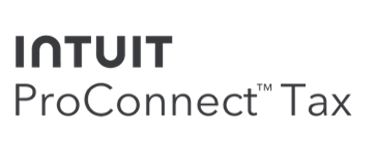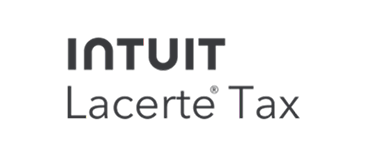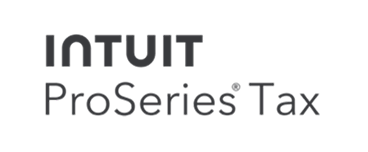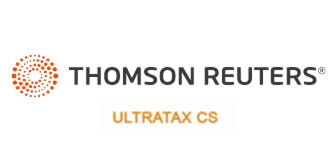
3 Tax Changes CPAs Must Know to Work With Small Business Owners
The last few years have been tough for the 32-million-plus small business owners in the U.S. In addition to the upheaval caused by the pandemic and, more recently, rapid inflation, they’ve had to contend with the nexus laws put in place by the 2018 South Dakota v. Wayfair decision and other changes to the tax regulations. Now, they’re also dealing with the looming threat of a recession.
Key Tax Changes Impact 2022 Filings for Small Business Owners
As a CPA, you provide a lot of value to small business owners during the tax season, especially in terms of your ability to help them get the maximum refund possible and to guide them through confusing tax laws. It’s necessary to keep track of obligations when filing their business taxes to help them avoid audits and penalties. Below are three changes to the tax code that they (and you) should be aware of while filing 2022 taxes.
1. If you received aid during the pandemic, it’s time to pay the rest back.
The federal government helped small businesses stay afloat during COVID-19 by offering aid like the PPP loans and the CARES Act. Those who took advantage to defer paying their Social Security taxes were required to pay back half of the money they owed last year. The other half was due on January 3, 2023. The IRS says it sent out notices, but it also states that even if your clients didn’t get one, they still have to pay on time. Check that your clients paid and, if they didn’t or couldn’t, remind them that although the government hasn’t been specific about the penalties for non-payment on their website, there will still be consequences for defaulting.
2. The interest expense limitation rule has been put back into place.
This regulation applies to how much money small business owners can subtract from their taxes using interest deductions. You can only take off 30% of EBITDA, or Earnings Before Interest, Taxes, Depreciation, Amortization. The government suspended the rule during the pandemic to give small businesses a hand, but that ended in 2021 and it’s back for both that tax season and this one, as well as going forward.
3. There are crucial tax deadlines you need to be aware of, as well as a form change for businesses that use contractors, which are defined as employees who aren’t on the payroll.
One of the easiest ways to find yourself facing financial penalties is missing tax deadlines. And they can be quite high: The IRS charges 0.5% of your unpaid taxes for each month your bill remains outstanding. It’s capped at 25% of the amount you didn’t pay, but it’s still significant. So, make sure your clients know the deadlines. There’s quite a few for small business owners, so here are the important ones they need to keep in mind:
- If you file as an S-corp or a partnership and want an extension on your taxes, you’ll need to send in those forms by March 15, 2023. You’ll then have until September 15 of this year to file your income taxes. For businesses that file as a C-corp or a sole proprietor, the deadlines are different: The extension request is due by April 18, 2023, and the subsequent deadline for income tax returns is October 16.
- If you have employees, you need to fill out W-2s for each one and send copies to both the staff member and the IRS by the deadline. This year, that’s January 31, so get that paperwork done.
- The tax form for companies that use freelance contractors used to be the 1099-MISC, but that’s changed: It’s now the 1099-NEC. This form isn’t new–it was actually the one the IRS used until the 1980s. You’ll need to send Part A to the IRS and give Part B to the employee. The former is due by January 31, 2023.
It’s crucial to keep these complex rules and regulations straight so your small business clients don’t find themselves staring down an IRS-issued penalty. This list contains some important changes for 2023, but there are many others you need to be aware of.
Accounting Tech and Software to Make Tax Season Easier
You can make your life – and the lives of your clients – easier by ensuring you have a top-notch tech stack that takes care of time-consuming tasks for you. Using critical tech, like a document management system for accountants, can also free up your energy and time, so you can focus on the tax laws and tasks that need to be completed to get a refund.
Used by over 2,000,000 people, SmartVault helps streamline document workflows and increase client collaboration. This helps everyone get more done in less time without compromising accuracy.
To learn more about how SmartVault can work for you, schedule a demo with us today.






